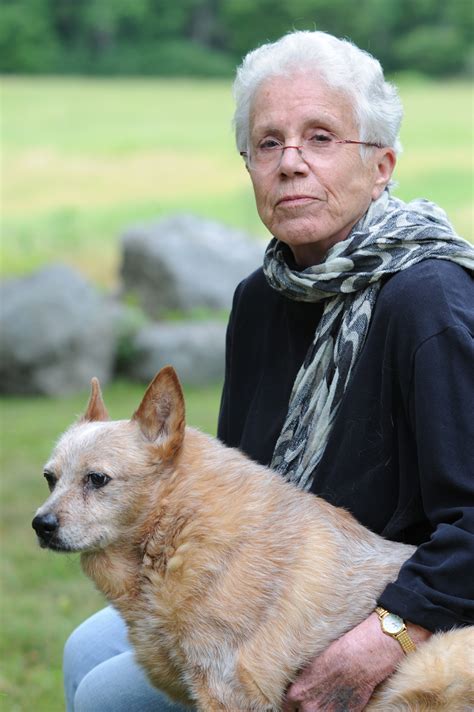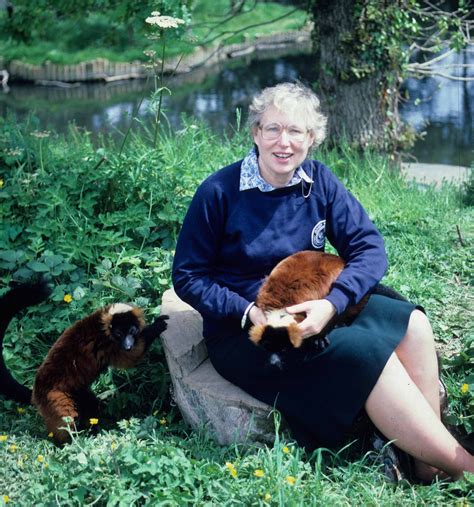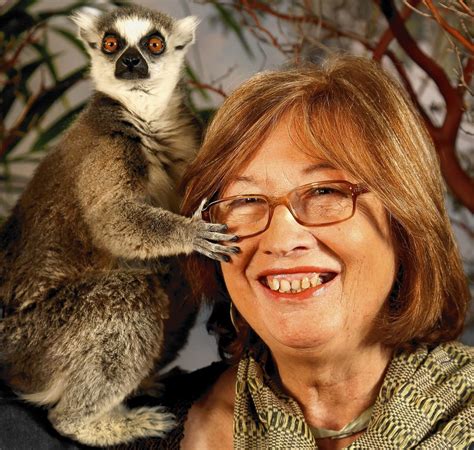Top 71 Primates Quotes & Sayings
Explore popular Primates quotes.
Last updated on April 14, 2025.
I'm always keen to use my body in my work, so I'm looking forward to the motion capture for Smaug. Both Gollum and King Kong were primates, whereas I'm playing a serpent, so it'll be interesting - I'll have to tie my legs together, possibly, or else they'll be kind of splayed out to the side as a reptile's should be.
We do some experiments in humans, some in mice, and there are some questions that can only be answered in nonhuman primates. It's true that you can't immediately say that those experiments will translate into human health, but nevertheless, it is obvious that having an understanding of human memory is going to be important for human health.
Primates stand at a turning point in the course of evolution. Primates are to the biologist what viruses are to the biochemist. They can be analysed and partly understood according to the rules of a simpler discipline, but they also present another level of complexity: viruses are living chemicals, and primates are animals who love and hate and think.
I am entitled to say, if I like, that awareness exists in all the individual creatures on the planet-worms, sea urchins, gnats, whales, subhuman primates, superprimate humans, the lot. I can say this because we do not know what we are talking about: consciousness is so much a total mystery for our own species that we cannot begin to guess about its existence in others.
Contrary to general belief, humans imitate apes more than the reverse. The sight of monkeys or apes induces an irresistible urge in people to jump up and down, exaggeratedly scratch themselves and holler in a way that must make the primates wonder how this otherwise so intelligent species has come to depend on such inferior means of communication.
The black and white lemur, the one that relaxes on that branch, they actually have day care, like kindergartens; where all the mothers come together and they put all the babies into this one nest and they let dad watch it while they go out and have food and have a good time and then they come back in a few hours. We've never seen that in other primates.
Actually, the highest form of human organization is not realized in the democratic individual. It is realized in a dimension none of us have ever penetrated, which is the mind of the species, which is actually the hand at the tiller of history. . . . It is an organized entelechy of some sort, and human history is its signature on the primates.
I think that intelligence is such a narrow branch of the tree of life - this branch of primates we call humans. No other animal, by our definition, can be considered intelligent. So intelligence can't be all that important for survival, because there are so many animals that don't have what we call intelligence, and they're surviving just fine.
We belong to that order of mammals, the primates, distinguished by its propensity for repeated single litters, intense parental care, long life-spans, late sexual maturity, and a complex and extensive social existence... Our protracted biological and psychological helplessness, which extends well into the third year of life, intensifies the bond between infant and parents, making possible a sense of generational continuity. In contrast to other primates these bonds are not obliterated after sexual maturity.
The quantity and quality of consciousness, one may say, have always been growing throughout geological times. In this respect man, in whom nervous organisation and therefore psychological powers have attained an undisputed maximum, may be considered, scientifically, as a natural centre of evolution of the primates.










































